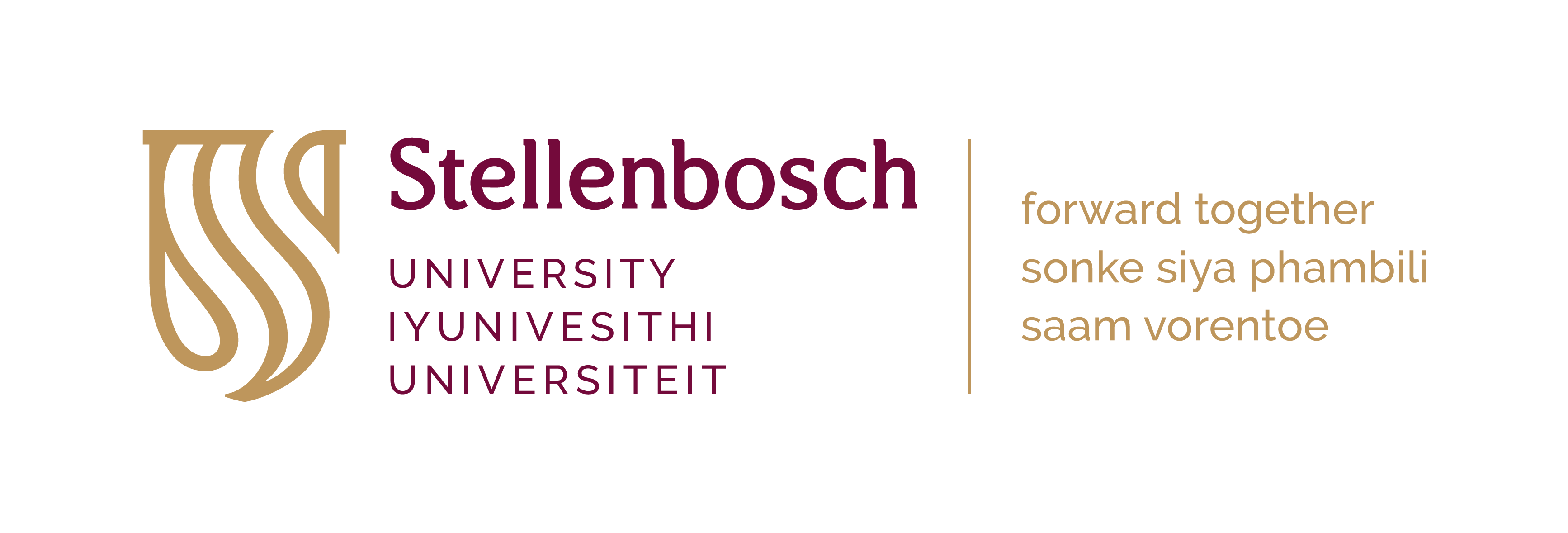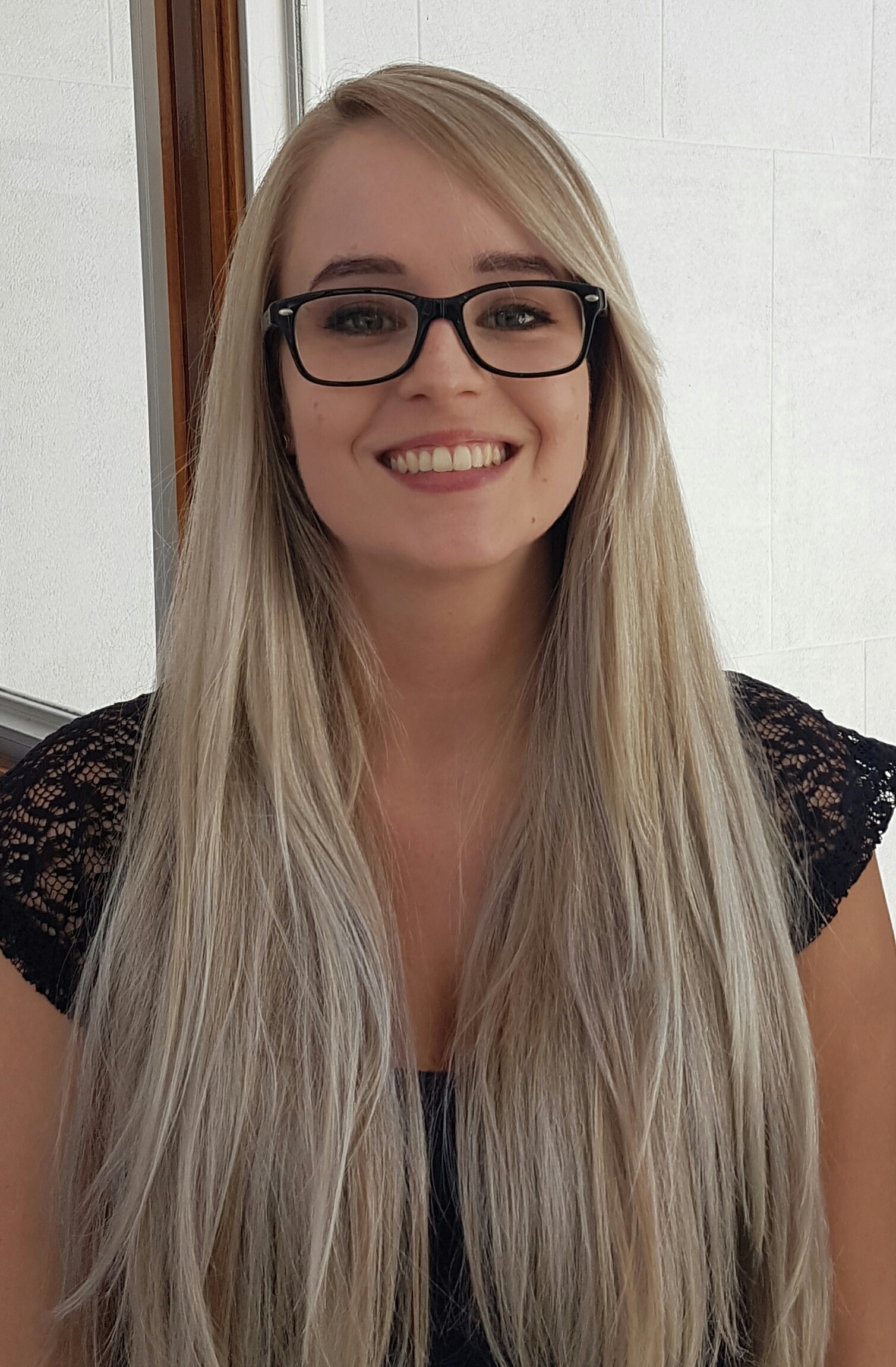Meet Dr Karen Cilliers, a postdoctoral fellow within the Immunology Research Group at Stellenbosch University’s Division of Molecular Biology and Human Genetics, Faculty of Medicine and Health Sciences.
In celebration of Youth Month 2020, the Division of Molecular Biology and Human Genetics is paying tribute to young researchers within our institute. We share heart-warming stories of our students whose lives give us great hope for the future of South Africa. We thank these students for volunteering to tell us a little about themselves and their research.
Tell us briefly about your background?
I was born in Cape Town, South Africa and I grew up in Stellenbosch. My family is crazy about art and dogs.
Why did you choose your field of study – what or who inspired you? Is this what you envisioned for yourself growing up?
Biology was always my favourite subject in school, and when I got the chance to be part of the first-ever Anatomy class at Stellenbosch University, I jumped at the chance. My love of research, writing and expanding my knowledge has driven me to move away from cadaver related anatomy research, into a laboratory research setting for my Postdoctoral research.
What is your research focus on?
I am very new to the field of Immunology and Tuberculosis, and I’m currently writing up data from completed studies. The topics include the identification of tuberculosis biomarkers to differentiate between cured and relapsed patients, as well as between slow and fast responders.
How can your research help to improve Africa and/or the lives of its people?
Tuberculosis is one of the top 10 causes of death worldwide, and about a quarter of the world is infected with Mycobacterium tuberculosis. With the help of biomarkers, individuals with active and latent TB can be diagnosed and people more likely to relapse can be identified. Treatment response can also be monitored, to ensure people are on their way to be cured.
What obstacles did you have to overcome to get where you are today?
As someone who struggles with anxiety, I’ve had to find ways to cope with the stress and workload that comes with postgraduate studies as well as with research in general. I have also changed my discipline from Anatomy to Molecular Biology, which I have found challenging.
If you could invite any three researchers (alive or dead; local or international) to a dinner party, who would you pick and why?
Leonardo da Vinci, the artist-anatomist, since he combines my interest in anatomy with my love of drawing.
What is your favourite quote/saying?
“This too shall pass”- any struggles will eventually be overcome
Any advice for young people who are considering a career in STEM?
Don’t let people tell you what you can and can’t do. Anything is possible if you work hard.
What do you hope to achieve in the future?
Long-lasting career in research and writing.

